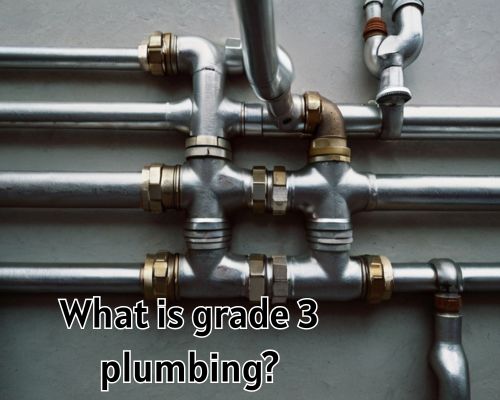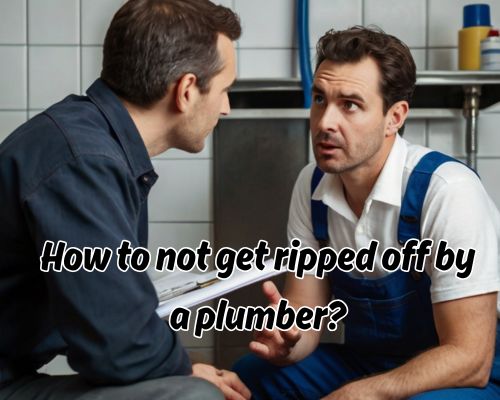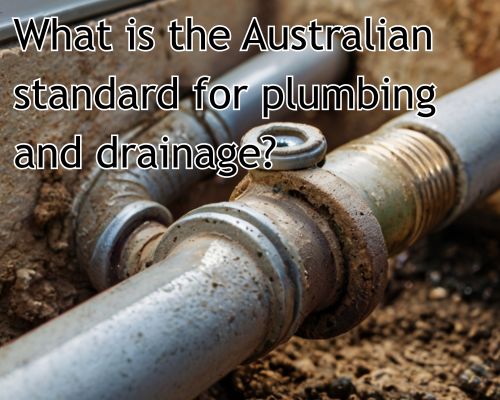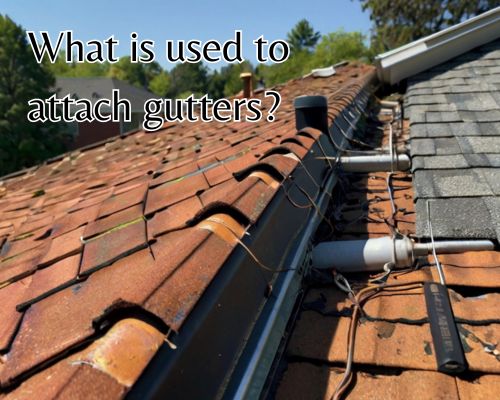Moving from Ohio to Florida is a significant life change. Whether you’re leaving the snow behind for year-round sun, starting a new job, or retiring near the beach, this long-distance move needs proper planning. With the right approach, you can avoid stress and enjoy your transition to Florida.
This detailed guide covers everything: planning, packing, hiring movers, budgeting, and adjusting to life in the Sunshine State.
Why People Move from Ohio to Florida
Every year, thousands make the transition from Ohio to Florida. They’re drawn by Florida’s climate, tax benefits, and lifestyle. Florida has no state income tax, lower property taxes in many areas, and abundant outdoor activities.
Retirees, remote workers, and families all find Florida appealing. Understanding why you’re moving helps shape your priorities during the relocation process.
Build a Step-by-Step Moving Plan
To stay organized, create a detailed moving timeline. Break it into weekly goals and begin at least 8–10 weeks before your move date.
Include:
- Setting your moving budget
- Hiring movers or renting a truck
- Giving notice at your job or lease
- Preparing change-of-address forms
- Notifying your children’s school
Following a checklist ensures your Ohio to Florida move stays on track and within budget.
Downsizing Before the Move

A cross-state move is the perfect time to downsize. Moving fewer items saves time and money.
Sort everything into four categories:
- Keep
- Donate
- Sell
- Trash
Think about Florida’s warmer climate. You won’t need heavy coats, snow gear, or bulky heaters. Keep only what fits your future lifestyle.
Choosing the Best Long-Distance Movers
Hiring experienced movers for your long-distance moving journey is essential. Start by getting quotes from at least three companies. Make sure they’re licensed and have good reviews.
Questions to ask movers:
- Are you licensed and insured?
- Do you offer binding estimates?
- How long will delivery take?
- Is storage included if needed?
- Do you provide packing materials?
Professional movers make your Ohio to Florida relocation smoother and safer.
Pack Like a Pro for a Stress-Free Move
Packing is often the most time-consuming part. Begin packing non-essentials 4–5 weeks before your move.
Smart packing tips:
- Use strong boxes with labels on all sides
- Wrap fragile items with bubble wrap
- Avoid overloading boxes
- Pack by room to stay organized
- Create a separate “first-night” bag
Moving to Florida? Pack lightweight clothes, sunscreen, beach gear, and outdoor items you’ll use right away.
Update All Your Records and Utilities
One of the most overlooked parts of relocating is managing paperwork. You’ll need to update your information across several services.
Important updates include:
- USPS address change
- Bank, credit card, and insurance providers
- Voter registration
- Vehicle registration and driver’s license
- Utility accounts (cancel in Ohio, set up in Florida)
These steps prevent mail delays and service interruptions during your Ohio to Florida move.
Understanding the Cost of Moving from Ohio to Florida
Your moving cost depends on several factors, including the distance you’re moving, the amount you’re bringing, and the services you use.
Typical expenses:
- Movers or rental trucks
- Fuel and lodging during the trip
- Packing materials and supplies
- Utility deposits and setup fees
- Travel costs if flying
To save money:
- Move during the off-season (fall or winter)
- Book movers early
- Compare quotes
- Pack your items yourself
The average cost for a full-service relocation to Florida ranges from $2,500 to $6,000.
Prepare for Life in Florida
Moving to Florida means adjusting to new weather, routines, and surroundings. The climate is hot and humid. You’ll need to stay hydrated, use sunscreen daily, and prepare for hurricane season.
Get familiar with:
- Local schools and hospitals
- Public transport or traffic patterns
- Neighborhood associations or local rules
- Emergency weather alerts and insurance needs
This preparation makes your Florida relocation smoother and helps you feel settled faster.
Settling In and Enjoying Your New Home
Once you arrive, start by unpacking the essentials. Focus on one room at a time, beginning with the kitchen and bedrooms.
Next steps after moving:
- Register your car and update your license
- Explore your neighborhood
- Meet new neighbors
- Find grocery stores, clinics, and banks
Building a routine quickly helps you feel at home in Florida. Enjoy the beaches, parks, and sunshine — you’ve earned it.
FAQs
What documents do I need to move from Ohio to Florida?
You’ll need ID, vehicle titles, proof of insurance, and new address documents for state updates.
Is moving from Ohio to Florida expensive?
It depends on distance, volume, and services. Expect between $2,500 and $6,000 for a typical move.
What’s the best time to move to Florida?
Fall and spring offer better rates, cooler weather, and fewer crowds than summer.
Do I need new insurance in Florida?
Yes. Florida requires car insurance and homeowner’s or renter’s insurance policies specific to the state.
What’s the most significant difference after moving to Florida?
Weather, cost of living, and lifestyle are the most noticeable. Get ready for heat, palm trees. Moving to live in Ohio.
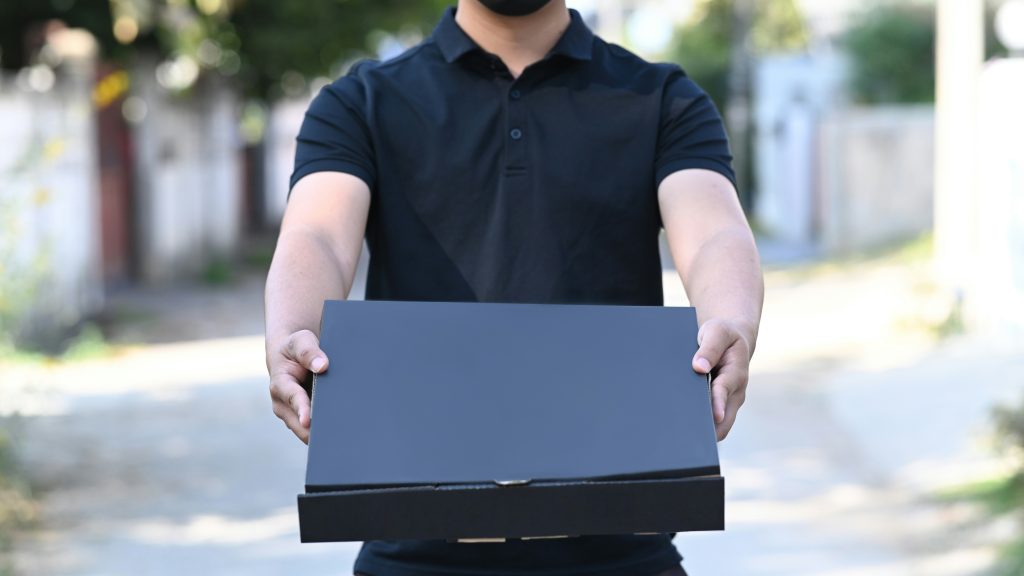
Your move from Ohio to Florida can be exciting and stress-free with the right plan. From budgeting and packing to adjusting to your new home, this guide covers it all. Use it to take control of your move and start your Florida journey with confidence and peace of mind.
Buzzmoving matches you with a reliable network of movers nationwide, delivering quality service from start to finish. Get your free quote today for a seamless moving experience.





